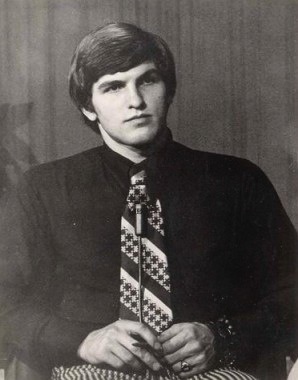 By Anthony Gutierrez —
By Anthony Gutierrez —
According to his autobiography, thug-turned-KGB Sergei Nikolayevich Kourdakov broke up over 150 secret meetings of Christians in the former Soviet Union. The leaders were arrested, members were beaten and terrorized and all Christian literature was burned or sent to headquarters for analysis.
How did this zealous communist find Jesus just a few years later and then die under mysterious circumstances near Los Angeles?
Kourdakov was born in 1951 under communist tyranny. After his mentally ill brother tried to kill him, he ran away, became a street urchin and was scooped up and taken to state-run orphan homes, according to his book The Persecutor, a dramatic and somewhat controversial account.
For a few years he toyed with becoming a hoodlum, even selling hashish, but ultimately he withdrew from the underworld and instead threw his efforts into the communist party. With intelligence and ambition, he quickly rose to become leader of the Communist Youth League in his area.
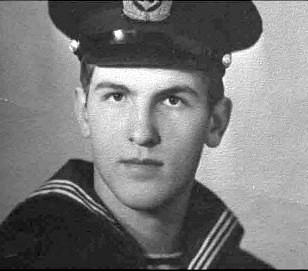 After graduating with honors he enrolled in the Navy and studied to become a radio engineer. Meanwhile, his aptitudes caught the attention of his superiors and he was recruited to a “special-action squad” for 25 rubles a month.
After graduating with honors he enrolled in the Navy and studied to become a radio engineer. Meanwhile, his aptitudes caught the attention of his superiors and he was recruited to a “special-action squad” for 25 rubles a month.
At first the squad was tasked with roughing up drunks and wife-beaters the police didn’t have time for. Such rogues gave a bad name to communism, which was supposedly creating a “utopia.”
As time progressed, Kourdakov and his recruits were assigned to break up underground Christian meetings. In one operation, he hid in the bushes where informants said there would be a baptism.
Shortly after church members arrived, Kourdakov sprang from hiding and beat them down with clubs. The pastor floated dead in the water, and young girls were stripped naked to be humiliated and driven to the police station for interrogation.
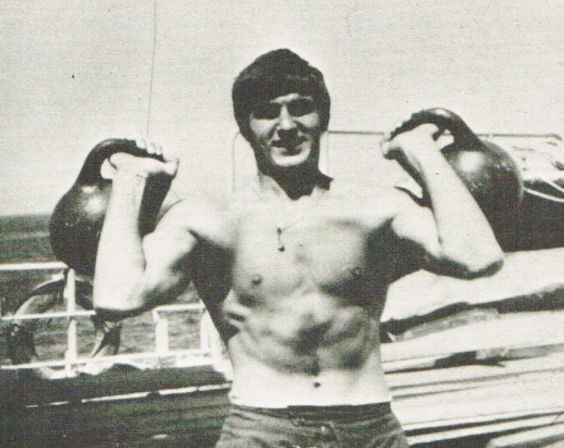
But his decision to make a public spectacle of the Christians was a miscalculation that drew the criticism of his superiors, who wanted these raids to be conducted in secrecy.
From May through December 1970, Kourdakov conducted raids. The “believers” – as they were called – were beaten and intimidated, and the pastors were arrested and sentenced to Siberian labor camps.
It was the height of the Cold War, and religious faith was seen by atheistic communism as subversive, a means by “capitalist oppressors: to keep the masses peaceful and stupid.” Part of Kourdakov’s duties was to document Christians for databases that authorities could use to round them up at any time.
In one raid, Kourdakov noticed a particularly beautiful believer named Natasha Zhdanova and decided she should be smashed against a wall. Kourdakov thought this would intimidate and discourage believers from attending any further meetings.
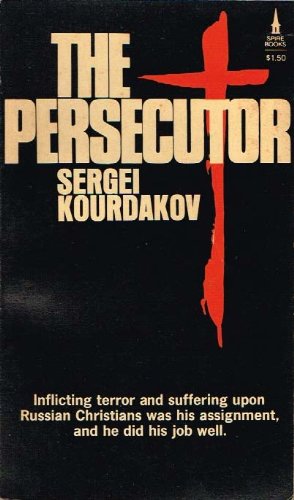 But just three days later, he spotted Natasha at another raid. He decided she needed more persuasion and so he beat her severely. He even brought her to the police station to threaten her.
But just three days later, he spotted Natasha at another raid. He decided she needed more persuasion and so he beat her severely. He even brought her to the police station to threaten her.
One week later in another raid, Kourdakov saw her again. Her persistence was particularly unnerving. Records showed she had once belonged to the Communist Youth League.
This time, Kourdakov defended Natasha. When his buddy Alex Gulyaev moved to club her down, Kourdakov jumped between them and shouted: “Alex, I’m telling you, don’t touch her! Nobody touches her! She has something we don’t have! Nobody touches her!”
The subtitle of Kourdakov’s autobiography is “Forgive Me, Natasha.”
His exploits on behalf of the communist regime made him stand out in the Kamchatka Province. He was awarded a 15-minute speech broadcast on television. Afterwards he met Comrade Orlov, he invited him to a private dining room full of high-ranking communist officials, who were dining on expensive delicacies and drinking vodka like water.
 Kourdakov was disillusioned. Supposedly communism fought for the laborer and the farmer. Purportedly, it fought the ruling class. But while the poor of the Soviet Union scraped together a meager living, here were the guardians of communism living like the capitalist oppressors they claimed to eradicate.
Kourdakov was disillusioned. Supposedly communism fought for the laborer and the farmer. Purportedly, it fought the ruling class. But while the poor of the Soviet Union scraped together a meager living, here were the guardians of communism living like the capitalist oppressors they claimed to eradicate.
Meanwhile, Kourdakov began to notice that his Christian-busting raids weren’t having the desired effect. Instead of decreasing, attendance was surging.
In July, he was asked by his superiors to burn some religious texts for heating. But his doubts about communism were festering and his curiosity about Christianity was mounting. Instead of burning the books, he pocketed a hand-written copy of the Gospel of Luke and took it home to read at the Naval Academy barracks on his bunk.
“Jesus was talking and teaching someone how to pray. This certainly was no anti-state material,” he wrote in The Persecutor. “It was how to be a better person and how to forgive those who do you wrong. Suddenly, the words leaped out of those pages and into my heart… Through the days and weeks ahead, Jesus stayed with me.”
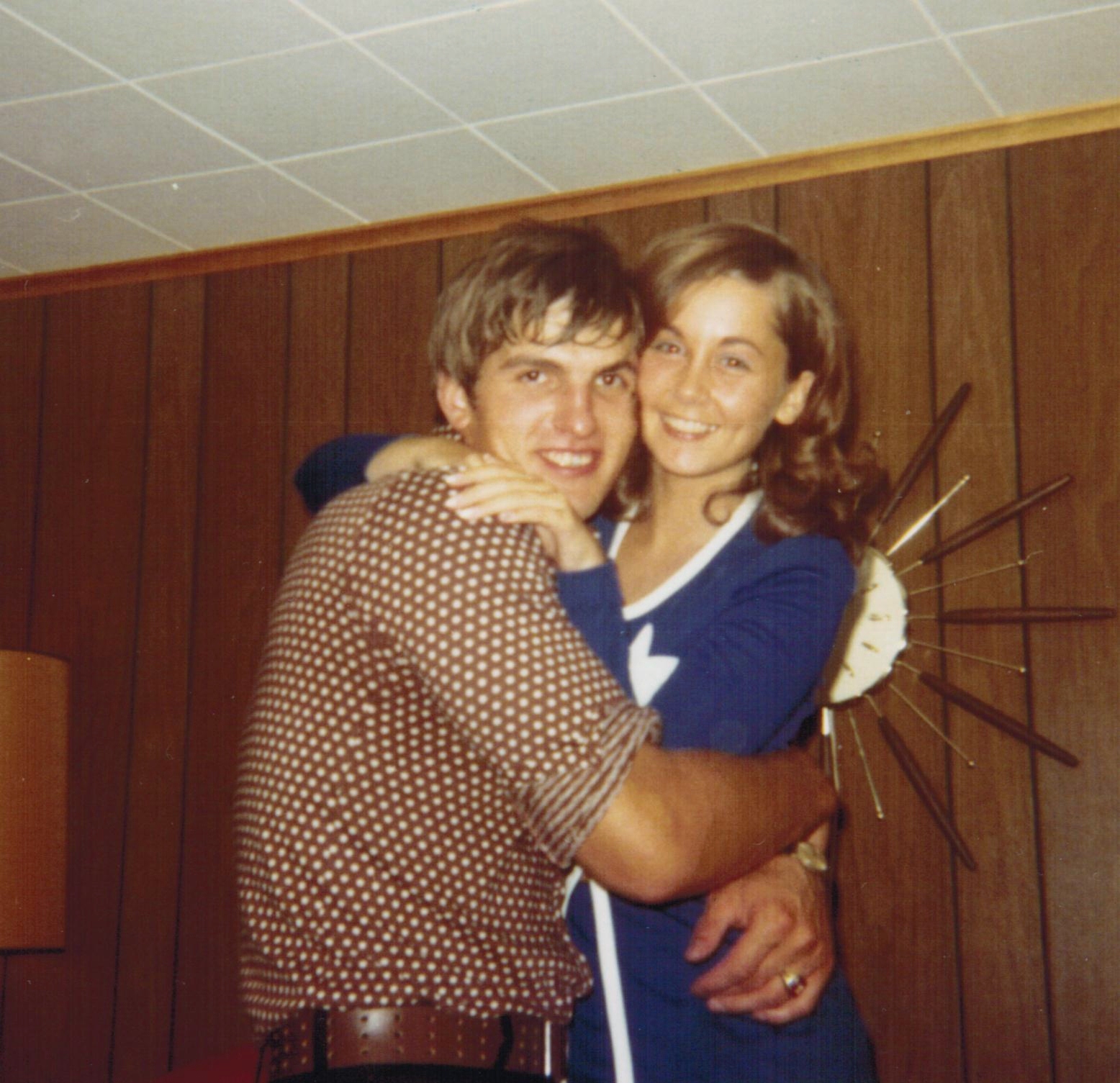
In January of 1971, Kourdakov graduated from the Naval Academy as a radio officer and was assigned to a destroyer. He asked to be transferred to a ship near the United States coast. In June, he found himself on the trawler Ivan Sereda looking for an opportunity to defect to the United States.
But just when he was going to jump ship on a makeshift raft off the coast of Los Angeles, another Soviet elsewhere was returned off the coast of New England in what became known as the Kudirka Incident. The would-be defector was sentenced to 10 years in prison.
Kourdakov decided to initiate his escape when they were close to Canada.
Transferred to another trawler, the Shturman Elagin, he found his opportunity in August. During a severe storm, the trawler requested and got approval to enter Canadian waters for shelter. On Sept. 3, Kourdakov plunged into the frigid waters and swam – most of the night – for the shore.
He was found half-naked and bleeding on Queen Charlotte Island by a woman who called a hospital. Nobody spoke Russian, so he spoke German through a translator. In an extended diplomatic fracas, he was very nearly returned to the Soviets.
But a radio talk show host, Pat Burns, heard about him and pressured Prime Minister Pierre Trudeau to grant asylum.
One of the first things Kourdakov noticed about the free world was the difference of living standards. “My eyes almost popped out as I looked at the cars and nice homes,” he wrote. “I guess I was staring at them.”
He moved to Toronto with a Russian family and began studying English. He also went to church and with guidance of the Ukrainian pastor, he converted to Christ. He was given a Russian Bible just like ones he had confiscated and burned in raids in the Soviet Union. It was printed by the California-based organization Underground Evangelism (now Mission Without Borders), which smuggles Bibles into closed nations.
As he read his Bible and grew in his faith, he was asked to speak at churches on behalf of Underground Evangelism. A diligent student with a ready mind, he quickly learned English. He even gave radio broadcasts.
But from time to time, he would have brushes with Russians. Sometimes he was followed, and sometimes he was warned.
He was living with a family in California and went on vacation with their 17-year-old daughter, Ann Johnson. His dead body was found in a ski lodge in Running Springs. The bullet was from a revolver he had been carrying to protect himself against threat.
Police ruled it either a suicide or an accident of Russian roulette. Underground Evangelism disputed the police report and accused authorities of failing to recognize the telltale signs of KGB operations. Kourdakov had been actively involved through his speaking engagements in embarrassing the communist authorities, and they had silenced him, Underground Evangelism alleged.
Subsequently, a researcher who wanted to produce a film about his extraordinary life traveled to Siberia, but couldn’t corroborate portions of the book. Christian journalist Caroline Walker titled her 2004 docudrama Forgive Me, Sergei, alleging that parts or all of his story could could have been conflated or even fictitious.
Underground Evangelism received a round of criticism from famous defectors who escaped the Iron Curtain. Richard Wurmbrand, who was tortured in Romania for his Christian faith, wrote that Kourdakov should not have been exploited for publicity.
Koudakov was only 21 when he died. His autobiography was published posthumously.
“If kept silent, who would speak for (the Christians)? Who would know their suffering?” he wrote in his book. “I decided that since I took their lives, I owed them a debt. I decided not to tell the authorities of the threat. After all, it was my decision to speak out, and I had to take responsibility for it.”
To learn more about a personal relationship with God, go here
Related: KGB agent-turned-Christian Jack Barsky.
Anthony Gutierrez is a student at Westside Los Angeles Lighthouse Christian Academy.




Glad I found this blog post about the book, “The Persecutor.” Nice research, Anthony! I’m truly surprised and honored to see my name and book mentioned in your report.
Heartfelt thanks — Kolleen Kidd, Author of “A Rose for Sergei”
Quoote: “Christian journalist Caroline Walker titled her 2004 docudrama Forgive Me, Sergei, alleging that parts or all of his story could could have been conflated or even fictitious.”
Would love to know why she thought all his story might be fictitious.
Or which parts were conflated or fictitious and why she thought so.
No mention of that.
We do know that in that era there were many police like Sergei who beat and killed Believers, spying on them and catching them in meetings.
Only 21 years old? Amazing story!
For anyone interested, I conducted a review of the Russian interviews from Ms. Walker’s documentary. You can read my blog here: http://www.featheredprop.com/sergei-kourdakov-forgive-me-natasha/
Comments are closed.